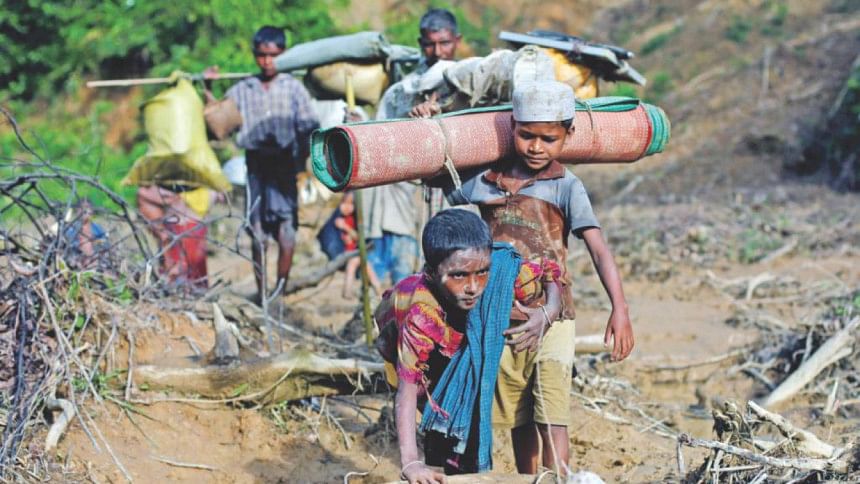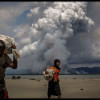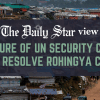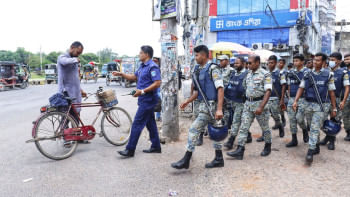Rohingyas were targets of genocide

Despite widespread international condemnation and an agreement between Myanmar and Bangladesh for Myanmar to stop the violence against its minorities, and to take back its nationals who have sought shelter in Bangladesh, nothing has changed as yet. Reports of Rohingya persecution in Myanmar continue to accumulate, leading to greater numbers of them fleeing here.
Given that the foremost clause of the agreement is for Myanmar to stop all violence against its minorities, these are clear indicators as to just how serious Myanmar is in adhering to its pledges. And if its actions are already indicative of an alternative motive, what hope is there going forward if Myanmar is unwilling to abide by the pact or even fulfil its very first obligation?
As experts, human rights organisations and activists have been saying the whole time, it is difficult to take Myanmar's promises seriously as it is, given the horrors it so extensively unleashed on the Rohingyas and for so long. Only this week, the UN Human Rights Chief said that what Myanmar has been doing could well amount to "genocide"—having already termed it "ethnic cleansing". Now, a report by the Centre for the Study of Genocide and Justice has concluded—based on testimonies from Rohingyas among other evidence—that the violence bears "clear elements of genocide", including mass killings, beheading, enforced disappearances of Rohingya activists, torture, rape and other forms of sexual violence.
In the face of all this evidence—mostly provided by international organisations—how long can the international community continue to sidestep the real issues and maintain its hands-off policy? That will determine how long the Rohingyas are made to suffer, which is why we urge the international community to pressurise the Myanmar authorities to end the violence and monitor the situation closely while helping to find a permanent solution for the Rohingyas.

 For all latest news, follow The Daily Star's Google News channel.
For all latest news, follow The Daily Star's Google News channel. 








Comments